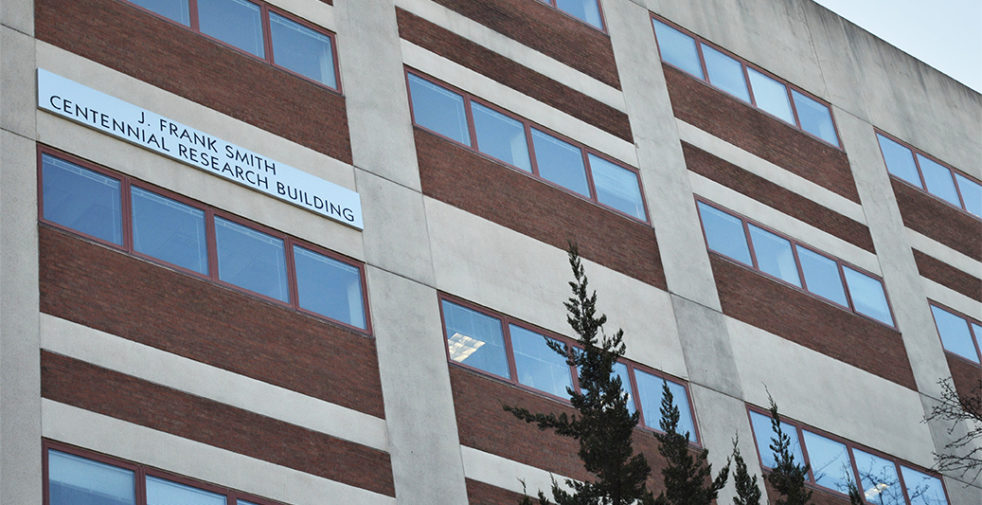As the government shutdown enters its fourth week, the imminent impact of halted support for the institute looms over the beginning of the new year.
Washington D.C has yet to reach a consensus on border security, the sole issue preventing federal budget approval.
Consequently, legislature has yet to pass appropriation bills for agencies that accounted for approximately $130 million in expenditures for sponsored research at Tech this past fiscal year. These agencies include: The National Science Foundation, NASA, Department of Homeland Security, Department of Agriculture, Department of Transportation and the Department of Commerce. Agencies that procured funds before the shutdown include the departments of defense, education and energy, among others.
In the event of a shutdown, affected government agencies minimize or halt altogether the incurrence of costs by severely limiting activities and operations. While shutdowns affect each federal agency in a slightly different way, in general, activities related to grants and contracts from the previous year would continue, but additional support is limited, new grant applications would be put on hold and no new awards would be issued.
This is evident in NASA’s contingency plan, which cites that “new contracts, grants, cooperative agreements, task orders, change orders, and other actions would not be issued during a funding hiatus, except those critical to meeting the requirements for excepted activities.”
Tech administrators also formulated their own contingencies when the threat of a shutdown was clear last December. To help mitigate the full impact of the shutdown, actions included asking principal investigators to delay large-scale purchases and be more conscious of costs. These plans would address impacts including application submission, award processing, no-cost extensions and tasks that require federal sponsor interaction since discontinued or limited during the shutdown.
For the past three weeks, the Office of Sponsored Programs has monitored the situation. While they have not communicated any large changes or warnings to the university yet, their guidance suggests that affected personnel continue working while being wary of sudden unavailability, delays or lack of federal communication for the duration of the shutdown.
“The effects of the shutdown are subtle,” said one professor when discussing the impact of the shutdown on their research lab so far.
Without the issuance of new grants, the professor explained, it can extend the timeline for PhD students by weeks or months depending on the duration of the shutdown. And because most graduate students are about to begin touring schools, limited funds due to the shutdown would hurt professors’ ability to make new offers to interested students.
As a research university, Tech thrives and sustains itself through its research. While many of the agencies that sponsor the college’s activities are limited in ability right now, most research can continue the same, if not slightly slower.
In the meantime, professors, as well as the student body, continue to live the same college lifestyle, stretching their dollars wherever and whenever they can.
